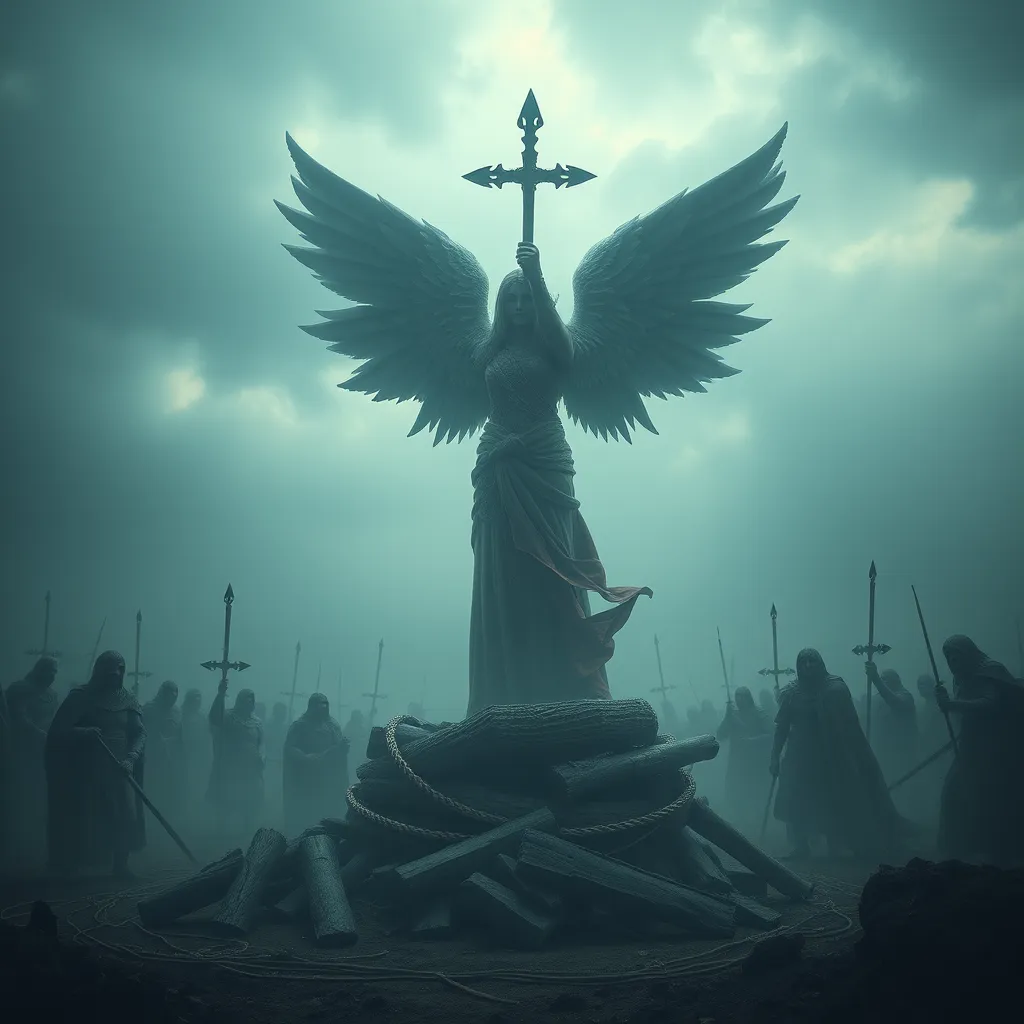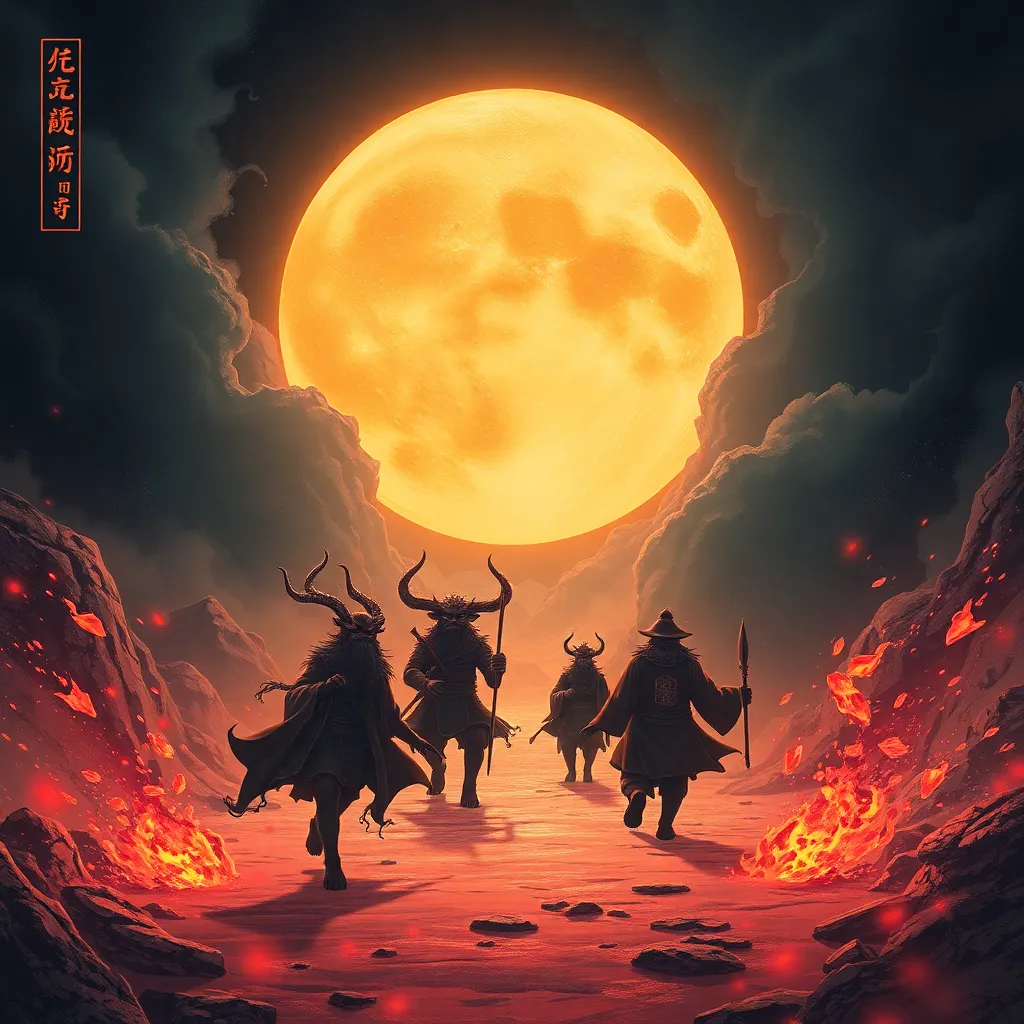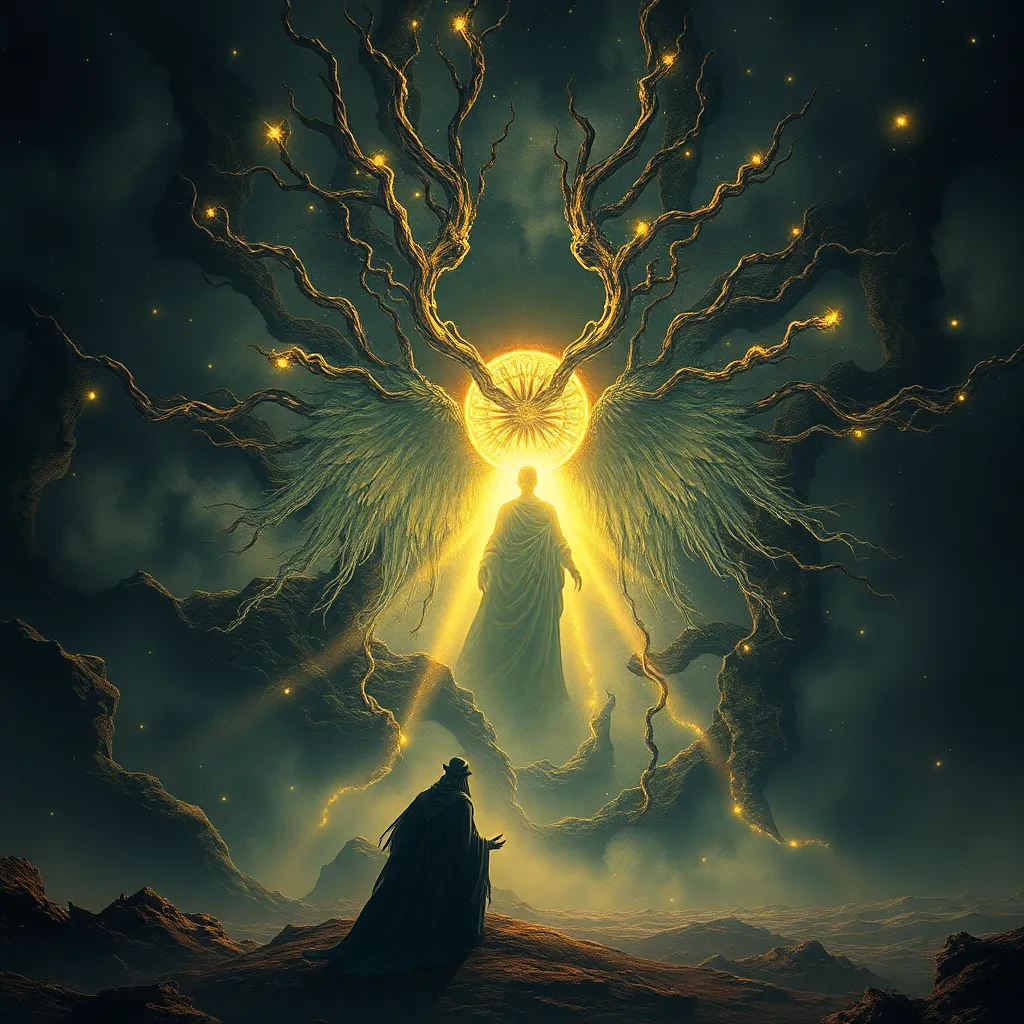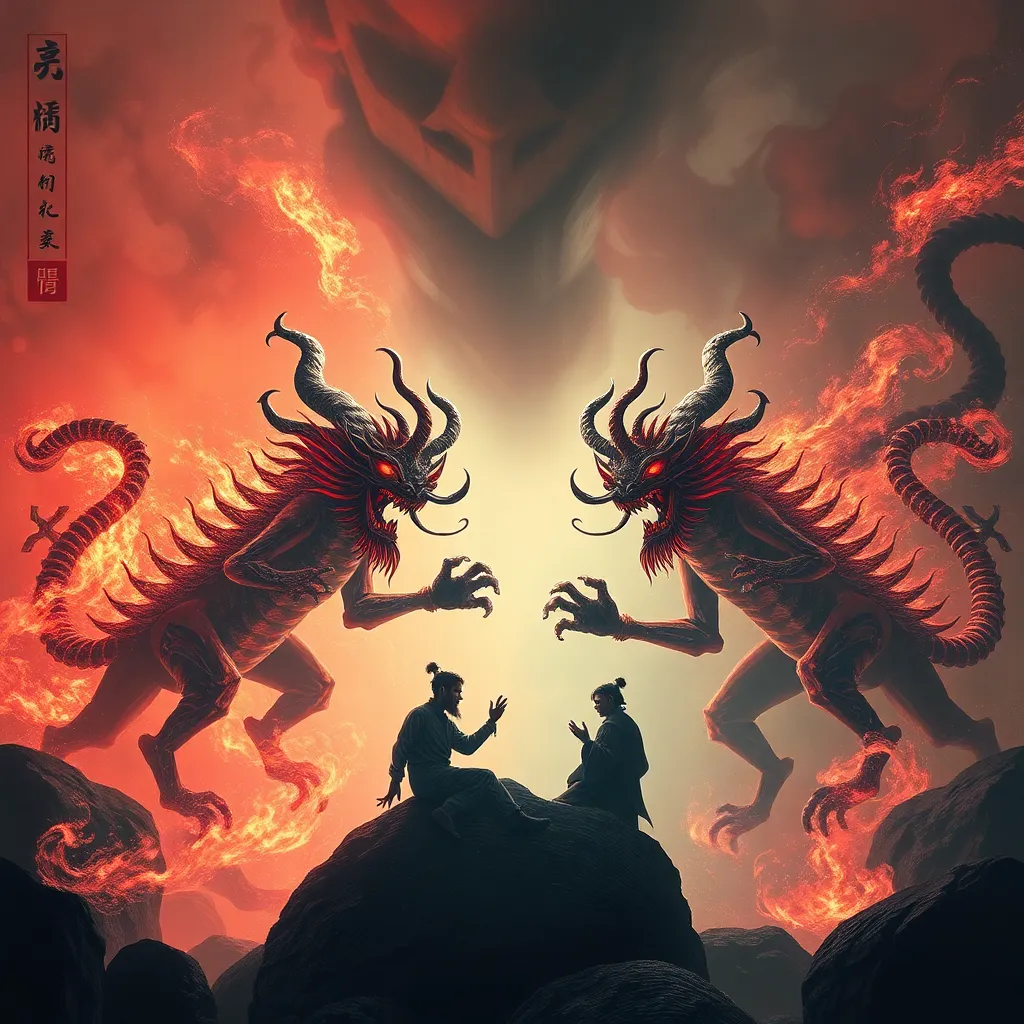The Valkyries’ Sacrifice: Exploring the Selflessness of the Choosers of the Slain
I. Introduction: The Mythical Role of the Valkyries
The Valkyries are fascinating figures in Norse mythology, often depicted as powerful and ethereal beings tasked with selecting those who would die in battle and those who would live. These warrior maidens, who serve the god Odin, play a crucial role in determining the fate of warriors, guiding the slain to Valhalla, the hall of the slain. Their actions not only reflect a deeply ingrained belief in honor and valor but also illustrate a profound understanding of sacrifice and selflessness.
This article explores the selflessness of the Valkyries, examining their origins, selection process, and the implications of their choices. Ultimately, we will see how their sacrifices resonate with themes of duty and altruism in both mythology and contemporary life.
II. The Origins of the Valkyries in Norse Mythology
The Valkyries’ origins can be traced back to the rich tapestry of Norse mythology, where they emerge as complex characters with both warrior and nurturing attributes.
- Historical context and literary sources: Valkyries are mentioned in various historical texts, including the Poetic Edda and Prose Edda, which are pivotal for understanding Norse beliefs about death and the afterlife.
- Depictions in the Poetic Edda and Prose Edda: These texts highlight their roles, showing them as powerful figures capable of influencing the destinies of men and gods alike.
- The duality of their nature: Valkyries are not merely warriors; they are also caretakers, guiding the souls of the slain to Valhalla and preparing them for their next life.
III. The Process of Selection: Who Lives and Who Dies
The selection process of the Valkyries is steeped in the concepts of fate and destiny, revealing deeper philosophical themes about life and death.
- Criteria for choosing the slain: The Valkyries assess various factors, such as bravery in battle and the honor of the warriors, which reflect the Viking ethos of valor.
- The significance of fate and destiny: The choices made by the Valkyries are entwined with the notion of Wyrd, the Norse concept of fate, suggesting that their actions are part of a larger cosmic order.
- Philosophical implications: The decisions of the Valkyries raise questions about free will versus predestination, illustrating the complexities of life and death.
IV. The Selflessness of the Valkyries: A Deeper Analysis
Delving deeper into the nature of the Valkyries, we find that their selflessness is a central theme that shapes their identity.
- Self-sacrifice versus selfish desires: The Valkyries prioritize the needs of the warriors over their own desires, embodying a spirit of selflessness that is often celebrated in mythology.
- The emotional toll of their responsibilities: Despite their strength, the weight of their duty can be heavy, as they must confront the reality of death and loss, often leading to inner turmoil.
- Comparisons to other mythological figures: Similar to figures like Prometheus or Christ, the Valkyries demonstrate that true strength involves sacrifice for the greater good.
V. The Valkyries’ Role in the Afterlife: Guardians of the Fallen
In their role as guardians of the fallen, the Valkyries fulfill essential duties that extend beyond the battlefield.
- Their duties in Valhalla: Upon selecting the slain, the Valkyries escort them to Valhalla, where they prepare the warriors for the feasts and battles ahead.
- Nurturing aspect: They not only guide but also nurture the warriors, ensuring they are ready for Ragnarok, the end of the world in Norse mythology.
- Cultural significance: The Valkyries symbolize the honor bestowed upon fallen warriors, reflecting a culture that venerates sacrifice and bravery.
VI. The Valkyries in Modern Culture and Interpretation
The legacy of the Valkyries continues to thrive in modern culture, inspiring various adaptations and interpretations.
- Adaptations in literature, film, and art: From Wagner’s operas to contemporary films, Valkyries have been reimagined in various artistic forms, often emphasizing their warrior spirit.
- Evolving perception: Modern interpretations often view Valkyries as symbols of empowerment, highlighting their strength and autonomy.
- Relevance of selflessness: The virtues of the Valkyries resonate in contemporary discussions about sacrifice and duty, encouraging a reevaluation of selfless acts in our lives.
VII. Lessons from the Valkyries: The Value of Selflessness in Today’s World
The timeless lessons of the Valkyries can be applied to our modern context, encouraging a culture of selflessness and community support.
- Themes of sacrifice: Exploring the importance of selflessness in personal relationships and community, we can find ways to embody the Valkyries’ spirit in our lives.
- Impact on societal cohesion: Acts of selflessness strengthen bonds within communities, fostering a sense of belonging and mutual support.
- Encouraging modern interpretations: By embracing the virtues of the Valkyries, we can create a more compassionate society that values altruism.
VIII. Conclusion: The Enduring Legacy of the Valkyries’ Sacrifice
The Valkyries hold a significant place in both Norse mythology and modern culture, serving as powerful reminders of the importance of sacrifice and selflessness. Their roles as the choosers of the slain exemplify a complex interplay between duty, honor, and the emotional burdens that come with such responsibilities.
As we reflect on their legacy, we recognize that the themes of selflessness and sacrifice are timeless, transcending cultural boundaries and resonating with our human experience. The Valkyries inspire us to embrace these virtues in our own lives, reminding us that true strength often lies in our willingness to serve others.




